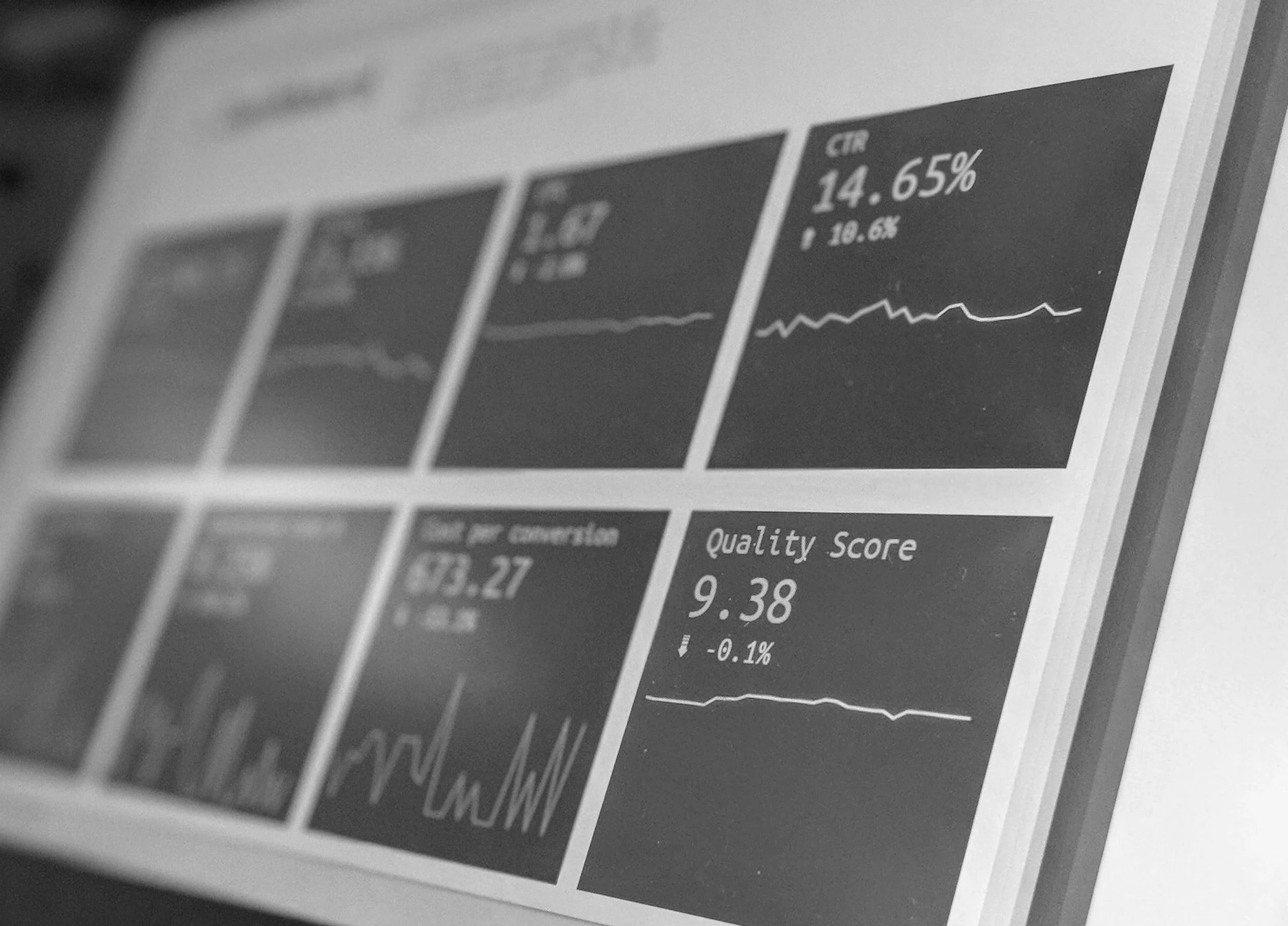
Professional Virtues
While our work products may differ across roles and over time (the “what”), these virtues are the way we approach our work and each other (the “how).
Ownership, Resourcefulness, and Initiative
Our team members and leaders take ownership for their own work and the work of their teams. They do not expect others to fix their problems for them and do not blame others for their mistakes. They think long-term and don’t sacrifice long-term value for short-term results. They never say, “That’s not my job.” They approach the challenges faced by other team members with constructive and helpful contributions.
Our team members use all resources available to solve problems and produce high-quality work. While our teams are here to support each other, our team members seek understanding on their own before relying on the team. They don’t “hit the easy button” and wait for someone else to provide an answer or solution. They proactively identify what needs to be done and act without waiting to be told. They create and execute solutions and don’t raise problems without first seeking to understand the situation and thinking through possible solutions.
Have Fun
Our team members and leaders foster an environment that is fun and friendly. They enjoy their workplace and the company of their teams and peers. They understand that work doesn’t have to be boring and stuffy in order to maintain professional standards. They are also aware of boundaries and respect their teammates. They do not have fun at another’s expense. They have the kind of fun that doesn’t hurt others or the firm’s professional reputation, and they don’t begrudge others for having that kind of fun at work.
Technical Depth and Competence
Our team members and leaders understand and perform their roles with a high degree of knowledge and understanding. Regardless of their role, they seek to understand the technical aspects of their craft at the highest level. They never stop learning and driving for higher levels of understanding. They consistently demonstrate this technical depth and understanding in their finished work product. They are not afraid to use the insight or methods of others if it yields the best result.
Insists on High Standards
Our team members and leaders benchmark against the best and do not settle for average. They are efficient but do not compromise the quality of their work products in the name of efficiency. Issues are not just fixed with “band-aids” but are solved in a way that they stay fixed. They are not only concerned with momentary results, but also with creating systems and processes that consistently produce high-quality results.
Professionally Passionate
Our team members and leaders are Professionally Passionate about their work but avoid making their work Emotionally Personal. While passionate about their profession, team, and goals, they maintain their professionalism and objectivity and don’t take issues, disagreements, or system failures as personal insults. This is true of their interactions with their teammates, supervisors, and clients. If they are inconvenienced or challenged by a person or circumstance, they use those situations as opportunities to better understand others, identify process improvements and exercise professional, collaborative, and constructive responses.
Our team members seek to build bridges and foster collaborative relationships. They operate with a “same team” mentality and do not create adversarial “us vs. them” relationships with colleagues, management, other teams, or stakeholders outside the firm such as vendors and clients.
Data Driven Decisions
Our team members and leaders make decisions based on data and relevant information, not based on emotion. They understand and explore the kinds of data and input necessary to make a good decision, seek it out, and reserve judgement until all the data is in and all sides of the story emerge. They are skeptical of their first impressions and seek to verify their impressions with data. They seek wise counsel from a variety of sources.
Un-entitled
Our team members and leaders do not feel that they have the right to do what they want without having to work for it or deserve it, just because of who they are. They do not expect special treatment due to their tenure or rank. They do not feel or insist that their needs or desires are more important than those of others. They do not expect their environment and those around them to adapt and cater to them, but rather adapt to the needs of the team and seek the good and growth of others. They seek constructive solutions and do not react to difficult or challenging situations by complaining or throwing fits. They are willing to roll up their sleeves and do tough or unglamorous work, modeling that approach to others.
Disagrees but then Commits
Our team members and leaders understand that there is both a time for discussion and disagreement and a time for commitment. They are open and candid about sharing opinions and disagreements in a respectful manner and the appropriate context. Decisions are discussed and varying opinions are considered and valued. They do not withhold their ideas and opinions when a decision is being discussed and they invite others to do the same.
Our team members are sensitive and tactful about the correct context to express disagreements. They are aware of which conversations are appropriate to have with peers, subordinates, supervisors, and those outside our firm such as clients and vendors. While some topics are appropriate for open forums, not all disagreements or opinions should be vented in front of everyone. Each situation should be worked out in the appropriate contexts at the appropriate levels.
Once a decision is made, even if it wasn’t the solution a team member wanted, they commit to the decision and pull in the same direction, driving to a positive outcome with full commitment. Our team members and leaders do not drag their feet, complain, and dissent behind the scenes after a decision has been made. They do not push their frustrations down to their teams or out to their peers.
Earns Trust
Our team members and leaders build trust by keeping the commitments that they make and performing their work with competency. They consider their competencies and resources before accepting assignments to ensure that they have the ability to follow through. Trust is also built through maintaining rapport, exhibiting concern for others as well as demonstrating consistency between behavior in public and private. They are not singularly concerned about being “right” but are equally concerned about maintaining trust in their interactions with others. Trust is hard to earn and easy to lose and our team members are willing to build it slowly over time and are very careful about situations where it might be lost.





